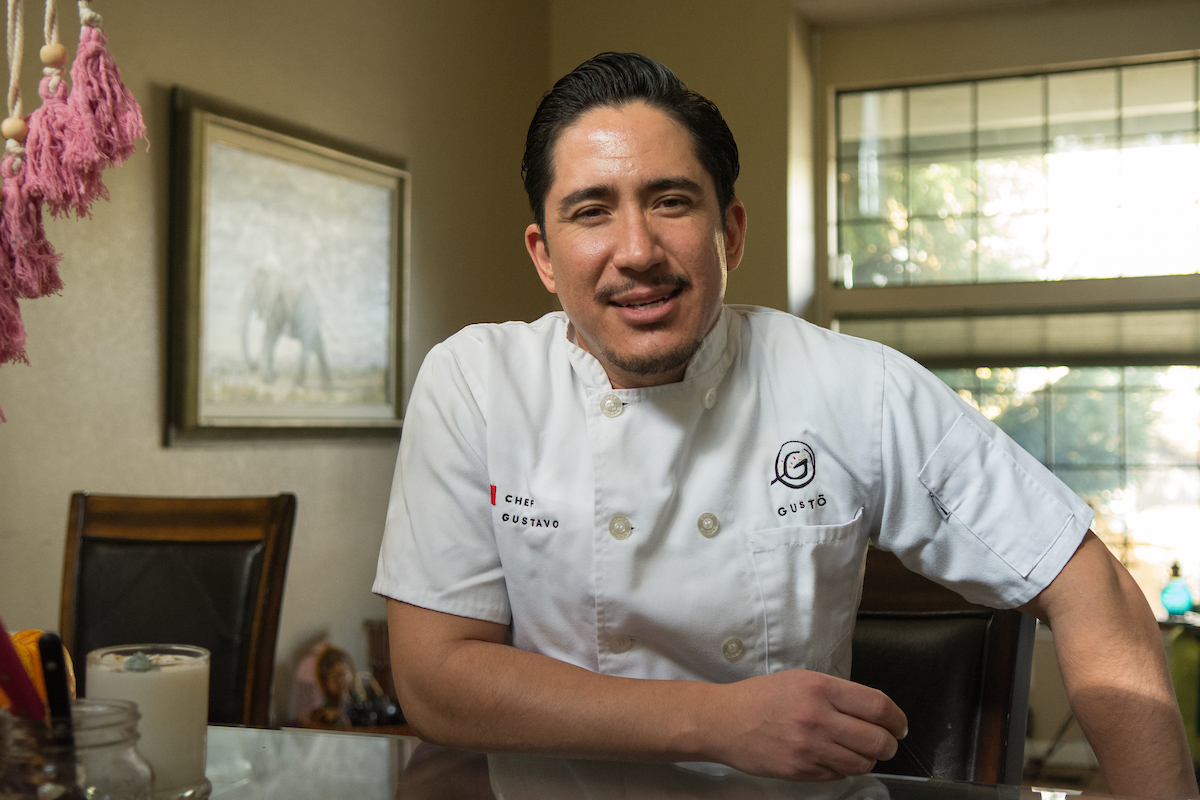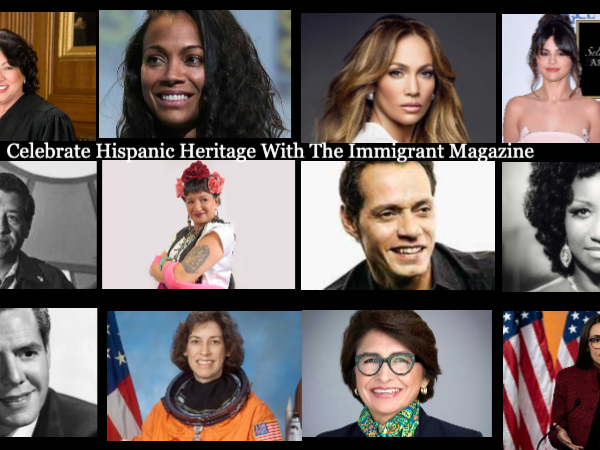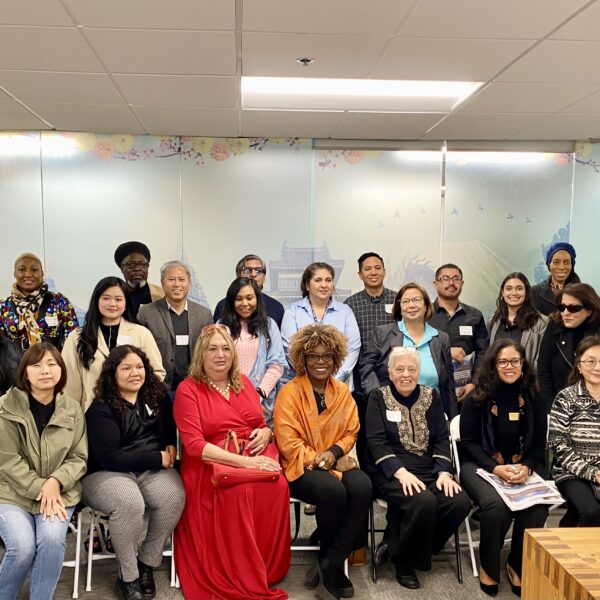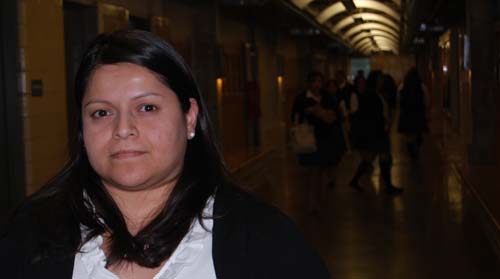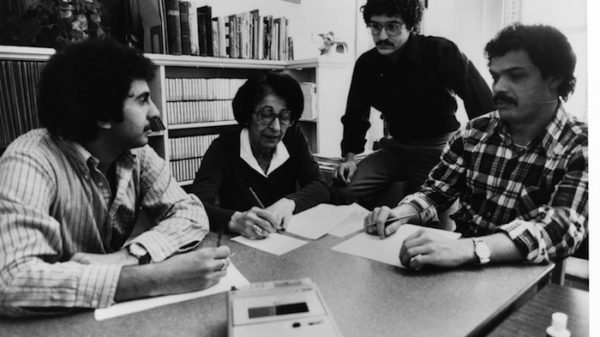Magazine, The Immigrant Experience, The Nevada Independent, Jazmin Orozco Rodriguez
By age 13, Gustavo Velasco had saved enough money — earning 10 pesos every day he worked with his father selling chickens at a market — to buy himself and his mother one-way plane tickets from Mexico to Reno.
Upon arrival, he jumped straight back into work mode. He manned the drive-thru window for a Jack in the Box as soon as he was old enough, and it helped him practice English and develop communication skills with customers and coworkers.
“Most people think that’s shameful, but I was loving it,” he told The Nevada Independent.
Now 36, Velasco has run his own catering business since 2016 and is the executive chef for six Squeeze In breakfast restaurants in Nevada. His journey exemplifies the findings of a recent report: Immigrants made up 14 percent of business owners in Washoe County in 2019 and generated $78 million in business income, despite the challenges of obtaining U.S. citizenship.
The report, published in September, was prepared in collaboration with the Northern Nevada International Center, Reno-Sparks Chamber of Commerce, the City of Reno and New American Economy, a pro-immigration bipartisan research and advocacy group founded by former New York City Mayor Michael Bloomberg.
“Pushed to the side”
Velasco became a recipient of the initial Deferred Action for Childhood Arrivals (DACA) program when it was created in 2012. He’s among more than 800,000 people across the United States, including more than 11,000 in Nevada, protected from deportation and granted legal work authorization through the program, which bars people convicted with a felony or significant misdemeanors from being eligible.
Throughout high school, Velasco continued working — as a busboy in a Mexican restaurant, as a construction worker, and as a dishwasher at a convention center, where he began to feel inspired by the work of a chef. He enrolled in the culinary arts program at Truckee Meadows Community College after graduating high school and began working at the Chocolate Bar in Midtown Reno, where he first learned to run a kitchen.
Velasco likened his work as a chef to that of a painter experiencing a creative wave, with his art evolving beyond what he originally imagined.
“Same thing as a dancer — when you’re dancing and you feel like it’s flowing and you’re just flying and never even touching the floor,” he said. “It’s almost the same thing when I’m cooking and I’m in the zone and things are just happening, and it’s a beautiful thing. It’s a beautiful feeling.”
Velasco considers himself an American despite having been born in Tepic, Nayarit — near the Pacific Coast — and not having U.S. citizenship.
“But it’s really the politics that don’t consider me an American,” he added. “It baffles me to know that, in America, the people that come to add, they’re still getting pushed to the side.”
The DACA program does not provide a pathway to citizenship or permanent residency for recipients, who are required to renew their status every two years for a fee of nearly $500, which helps fund the United States Citizenship and Immigration Services. A recipient since the program began, Velasco has renewed his status five times, contributing nearly $2,500 to the federal government to be protected from deportation.
In spite of the fragile and impermanent protection, a 2018 Small Business Committee report found that recipients such as Velasco have planted roots in their communities and established their own businesses that contribute to their local and state economies.
Velasco said DREAMers — including those who have DACA — contribute value to the country and their communities, but their full potential is limited by the lack of action on behalf of elected officials, who have not provided a permanent solution to allow them to stay in the country.
“Imagine if you give us the rest. We’ll double, triple your deal,” he said. “We’ll come back with more. It is amazing to me that with the little seed that you gave us, that we’ve created this world — we are lawyers, doctors, nurses, business owners. We’ll build a different society.”
The report also identified 2,300 people eligible for DACA living in Washoe County in 2019, making up more than 3 percent of the immigrant population. In the same year, DACA-eligible households earned more than $42 million, of which nearly $5 million went to federal taxes, more than $3 million went to state and local taxes and $34 million was left in spending power.
“I don’t want to beg you anymore”
Congressional Democrats’ efforts to provide a pathway to permanent residency for DREAMers, Temporary Status Protection (TPS) recipients, immigrant farmworkers and essential workers through budget reconciliation — a process that would allow them to pass legislation without the requirement that at least 10 Republicans vote in favor — have hit consistent roadblocks in Washington.
The Senate parliamentarian rejected two previous immigration reform proposals by Senate Democrats, and Sen. Catherine Cortez Masto (D-NV) and others are working on a third attempt. The House version of the proposed spending package includes parole, which shields undocumented immigrants who have been in the U.S. since 2011 or earlier from deportation and provides work authorization for up to 10 years, but does not provide a pathway to citizenship.
The chances of the proposal successfully passing the House and Senate is uncertain.
Cortez Masto said Senate Democrats are still seeking to create a pathway to permanent legal residency and citizenship, and one option they are weighing is invoking registry, a 1929 law that would allow undocumented people who have been in the U.S. since 1972 to apply for permanent residency. In order to pursue the pathway through the registry, the Senate may have to ignore the parliamentarian’s ruling.
Velasco said it’s tiring to watch politicians go back and forth on their promises to immigrants.
“It’s like, ‘Oh, yeah, we care about you guys,’” he said. “I am thankful, but by this moment, you know what we can contribute, you know what we add. I don’t want to beg you anymore. I show you that I can amount to more … but it’s still not enough.”

